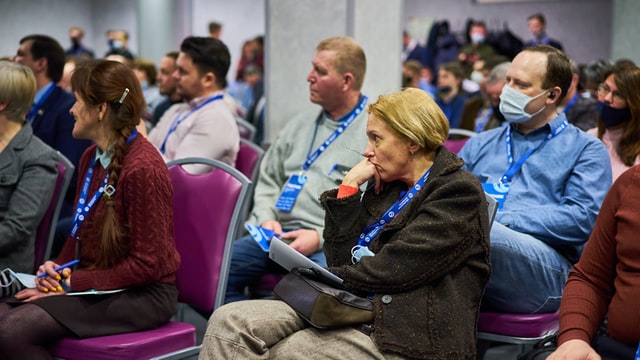
What Makes Civil Discourse Forums Different From Regular Conversations?
What does a civil discourse forum focus on, apart from the thread’s substance? What is expected of the participants? What makes it different from a regular conversation? There are some important differences. Discourse requires open dialogue. In it, participants are not required to agree with each other. It is also not a contest. The goal of discourse is to understand one another and learn new perspectives on a particular topic. Often, it is easier to label and stigmatize others than to engage in civil discourse. On the other hand, civil discourse offers a chance to work together rather than criticize and condemn others.
Listening
In an age when our society is so divided, it’s important to engage in dialogue that involves listening. The civil discourse forums aim to promote listening and understanding different points of view. Listening is important to create a better world, whether we agree or disagree. While listening to someone who differs from us can be difficult, it is essential to learn other viewpoints. A key component of listening is establishing ground rules for engaging in civil conversations.
Professors play an important role in helping students navigate the complex world we live in. Many students view the classroom as a safe place to debate controversial issues and consider multiple points of view. To ensure that students can do the same, they need to interact with their peers who have opposing viewpoints and practice civil discourse skills. In addition to fostering civil discourse, professors also need to allow students to engage in civil dialogue.
Making your point
Make your point in a civil discourse forum. While civility relies on respectful, open, and honest dialogue, some situations may drive people away from the discussion. The goal is to help people understand each other’s viewpoints and work together to find common ground.
Listen. Civility is a valuable skill. Don’t just jump into a debate without thinking it through. Whether you’re a college student, a political activist, or just someone who cares about social justice, you can use civil discourse. Despite the power of the Internet and social media, you need to listen before you speak. If you’re uncomfortable with public debate, avoid ranting or calling other participants names.
Establishing ground rules
Establishing ground rules can help students and faculty members feel more comfortable expressing their opinions and ideas without fear of being ignored or attacked when fostering free speech. In lower school settings, it can be helpful to take the temperature of the class before allowing spirited discussions. Although older students may be aware of events, younger ones may not. Establishing ground rules can ensure that everyone is treated with dignity in these situations.
A vital prerequisite for creating a space for civil discourse is understanding the demographics of online users. Age, education, and cultural background can influence how a particular individual behaves online. Millennials, a group that includes people born between the early 1980s and the early 2000s, represent the majority of online users. They are the leaders of much of the nation’s community action and political voice. While they may not share the same opinions and perspectives as other people, they are a significant demographic that can hugely impact how an issue is discussed.




